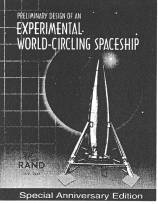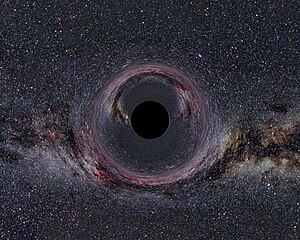 There’s an old run of Peanuts in which Charlie Brown is repeatedly confronted by girls skipping “hi-fi” jump ropes or wearing “hi-fi” bracelets. Each strip ends with Charlie Brown loudly questioning how such an object can be hi-fi, but of course we know the answer: marketing.
There’s an old run of Peanuts in which Charlie Brown is repeatedly confronted by girls skipping “hi-fi” jump ropes or wearing “hi-fi” bracelets. Each strip ends with Charlie Brown loudly questioning how such an object can be hi-fi, but of course we know the answer: marketing.
Magnetic soap has that sort of ring to it, too. But there are actually good reasons for making surfactants – the group of surface-tension reducing substances to which soap belongs – stick to magnets. Imagine cleaning up an environmental disaster like the Deepwater Horizon oil spill without leaving any of your cleanup materials behind, and you’ll begin to see what I mean.
Of course, that doesn’t exampling how soap can be magnetic in the first place. For that, you’ll have to read on.



